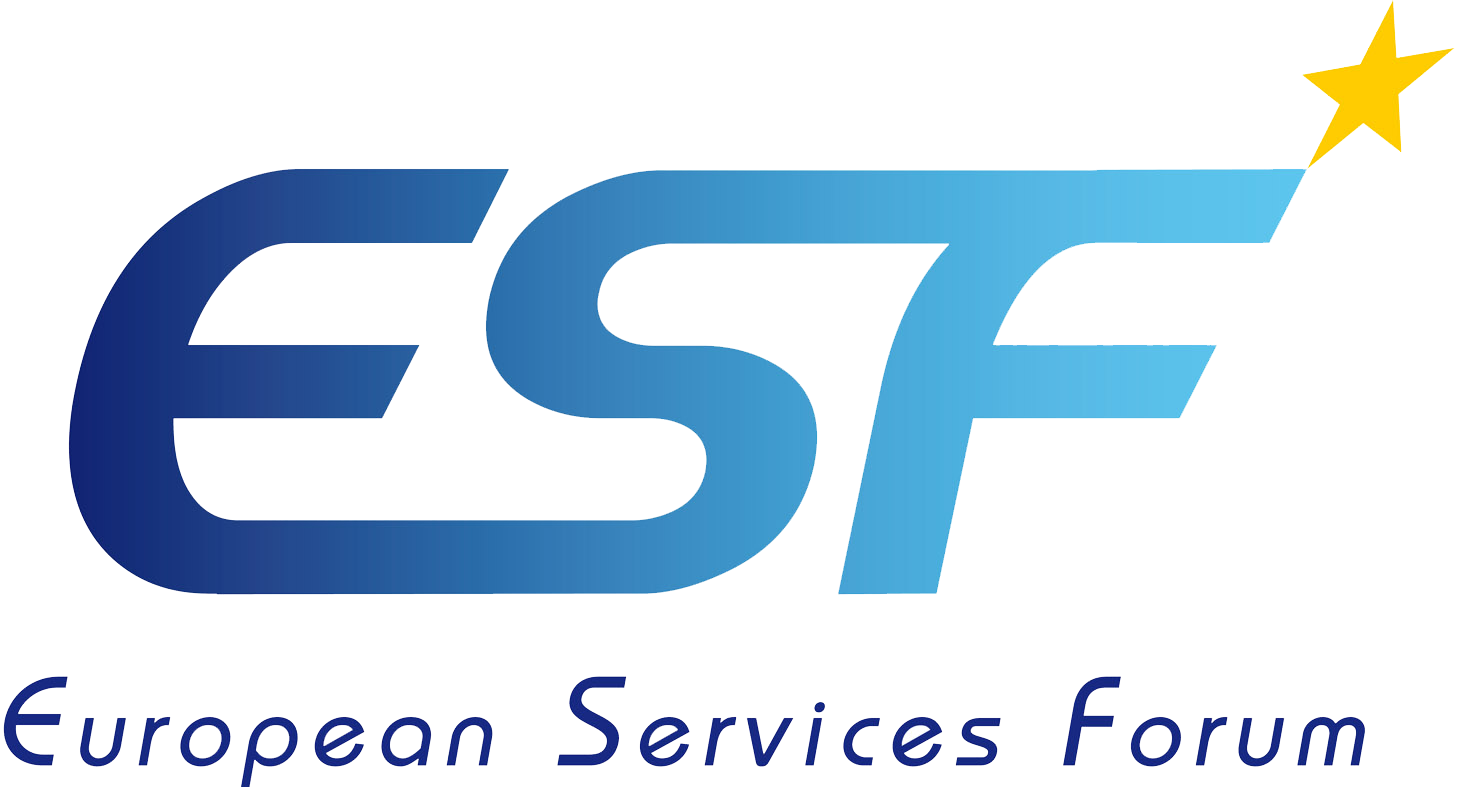The European Services Forum operates on the basis of a very light and flexible structure. There is one ESF Chairperson who provide leadership. There are then three interconnected bodies that are in charge of the European Services Forum’s activities:
1. The ESF Policy Committee serves as a framework for the Forum’s internal coordination.
The members of the policy committee serve as contact points between their organisations and ESF. Every ESF member holds one representative in the Policy Committee. Besides its meetings in Brussels, the Committee holds regular meetings with EU Member State officials, and WTO delegations in Geneva. During the policy committee meetings, general debriefings with EU trade officials are organised. They allow European services companies and industry federations to get in touch with officials engaged in trade-in-services-negotiations.
ESF is a members-driven organisation. Therefore, the Policy Committee debates and decides on policy papers, horizontal position papers as well as important decisions on the direction of the organisation like the annual budget. Decisions are taken by consensus. ESF Members who cannot support a position paper have the possibility to opt out.
2. The ESF secretariat is in charge of ESF’s daily management.
The ESF secretariat acts on behalf of the ESF Members in daily EU policy-making. Mr. Pascal Kerneis, Managing Director of ESF, has been in charge of the Forum’s management since ESF’s creation in 1999. The secretariat informs ESF members on any relevant developments and upcoming consultations the ESF Members might want to give input to. It organises policy committee meetings with the ESF members on a regular basis.
As part of the DG Trade’s Market Access Advisory Committee, the ESF secretariat closely monitors trade negotiations and actively participates in Civil Society Meetings by putting particular emphasis on issues related to trade in services. It maintains an intensive and constructive dialogue with EU officials, partner countries’ officials or national chambers of commerce, and Services Associations.
ESF is member of the DG Trade Contact Group since its inception. ESF is also member of most of the official Domestic Advisory Groups created in the EU Free Trade Agreements (FTAs), like the EU-Canada CETA, EU-UK TCA, the EU-Japan EPA, etc. Pascal Kerneis was chair of the EU-Singapore EU DAG until 2023, and has been electfed chair of the EU-Korea EU DAG for the term 2023-2026.
3. ESF Advisory Council
Thed ESF Advisory Council is composed of the ESF Chairperson, ESF Policy Committee Chair and Vice Chair, the chairpersons of the two ESF Taskforces (ESF Digital Trade Taskforce; ESF Taskforce on EU-UK Relations) and ESF Managing Director (see ESF functionning here below).
MORE:
- Learn more on ESF functionning (Two pager – pdf).
- Learn more about the ESF Chairwoman, the ESF Policy Committee Chair and the ESF Managing Director
- See ESF’s Memorandum of Understanding
- See ESF’s Set of Principles
